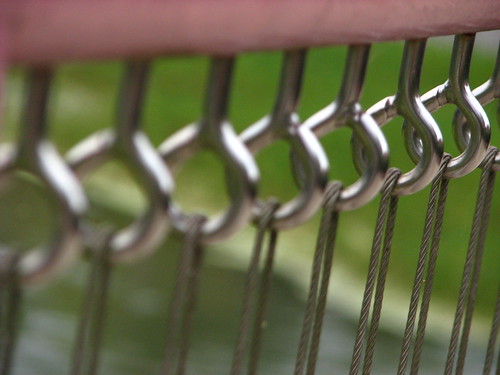The One Who Sees Me...
continued from above...
These women have stayed on my heart. In June, two Kentucky women came out to be leaders in our national Women’s Crossroads meeting gathering together Sub-Saharan African women from our churches all over Morocco. But prior to that gathering, we decided to offer some special workshops for the Nigerian women in Rabat, some of whom I had met in May, all of whom were from Edo State.
We invited twenty women to participate, and about twenty-five came, with their children in tow (or attached), for two days of drama/music/art around Biblical stories. Wyndee Holbrook got the idea that we would start by doing the footwashing story and that we leaders would wash the women’s feet.
I didn’t know what these Nigerian women would think. But they loved it. And we took it one step further: we decided to give pedicures after washing feet. I was in charge of using the pumice stone on callouses. And then we got up and danced and sang praises to God. Blessing (one of four women bearing that name) led us in a praise song that recalled how Jesus had walked with them through every trial. We sang verse after verse in Nigerian pidgin English with different hardships noted. Jesus walked with them they sang and they were right.
But bad things still happened to them. All the time. In the workshop, they made a banner representing their experience in Morocco; it is covered with human figures who are, let’s just say, explicitly anatomically correct and clearly male. Sexual exploitation is at the center of their existence. But, still, you can look at their faces when they sing and know it’s not everything. It’s not the whole of who they are.
I am so glad I had the chance to really “see” these women, to see them in their beauty and not just as generic “illegal immigrant prostitutes”. This experience has reminded me of how hard it is for us all to see other people, especially when their lives are ostensibly radically different from ours, it’s hard to see them as real complex persons walking around carrying a whole universe of emotions, struggles, troubles, longings, and connections to other real, complex people.
And it's particular hard for us to let ourselves see people in need, obviously in trouble – like the woman in Luke, I mean she was messed up. We don’t want to see too much because we might understand too much, feel too connected, feel called to get involved and we are already doing so much. We might even be pushed to see more than we bargained for – connections between our lifestyles and their misery. And what do we do with that? What do we do with them? Do we squeeze our eyes shut and plug our ears?
Well, that’s not what God does. And as children of the Living, Hearing, Seeing God, we are called to begin, I believe, by opening our eyes and our ears. We all long to be seen and heard, don’t we?
As real people.
We all long to be known and named, to know we are not alone in this life. We need to see our sisters, our brothers to save us from our ourselves -- the lifestyle of overconsumption that this culture would push us into, urging us to fall into selfishness and harden our hearts. And they need to see us not as the enemy but as sisters (and brothers) willing to wash their feet and then to dance with them, to listen to their stories and -- though it’s messy, and scary, and challenging to our boundaries (which we still have to maintain) -- to walk with them as best we can on their hard, hard road.
On Sunday morning, for the closing service of our women’s crossroads weekend, the migrant women who had been part of the workshop were invited to act out the drama of Abraham, Hagar and Ishmael, Sarah and Isaac. Six Nigerian women prostitutes went to the front of the sanctuary and reenacted the story of God’s grace to Hagar. A twenty-year old girl played the role of the Lord standing on the piano stool above the others. It was glorious.
Of course, the women left the church that day and went back to the harshness of their lives. But I hope, like Hagar, they had a promise to cling to, a hope to hang on to, an experience of dignity and value and beloved-ness to sustain them, a story to carry them through, and to live from. And you know, the Hagar story has an act II, maybe an alternate version of act I, but it gets the final word in the biblical story.
In Act II, Hagar is expelled into the wilderness for good. But God still sees, still hears, and provides for her, renewing his covenant with her. A well springs forth in the desert where none was before, and Hagar and her son discover that the worst did not happen, that they are not abandoned and desolate, but free. And blessed. Hagar and her son are no longer in bondage, possessions of others. They are not slaves of men, but free heirs to God’s faithful promise with a wide open, hopeful future before them.
I know you share with me this dream for these women who are indeed Blessed and Blessing in God’s sight, Precious, Graced, Gifted and Beautiful, their own names bearing witness to this truth. And it’s my prayer for us, for me and for all you who are here, that we, too, may know the deep, blessed truth of God’s seeing and hearing us and have eyes to see and ears to hear one another, to be part of that flow of blessing.
Now and forevermore. Amen.


0 Comments:
Post a Comment
<< Home